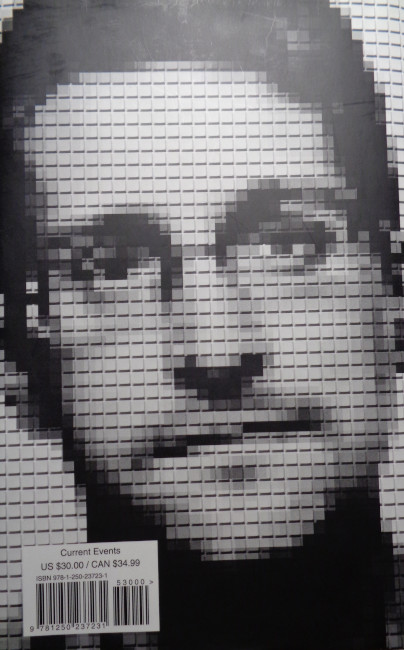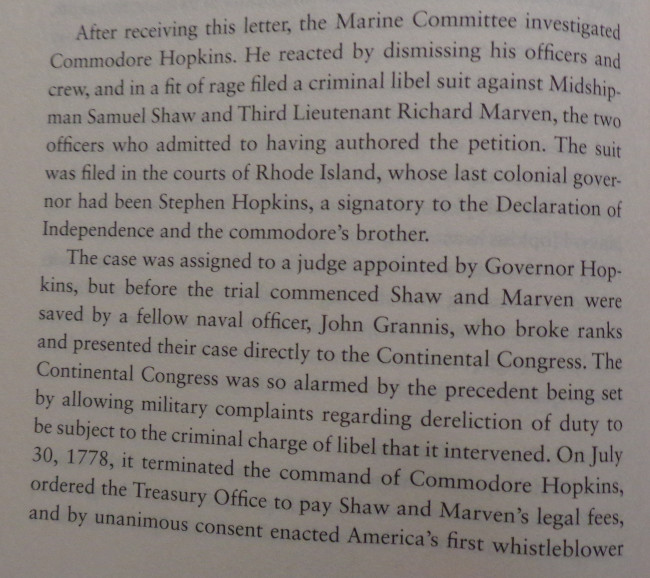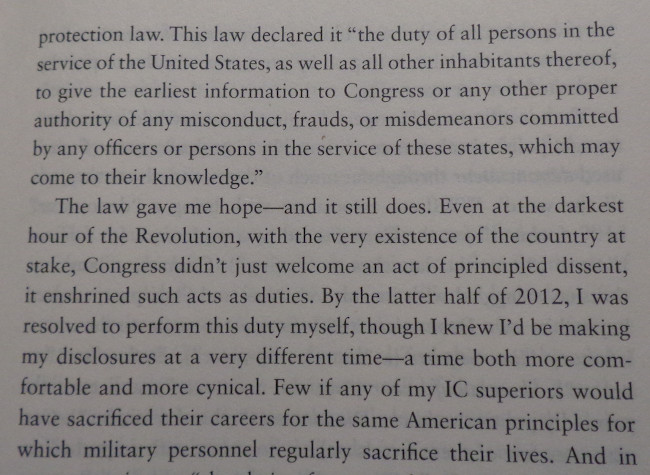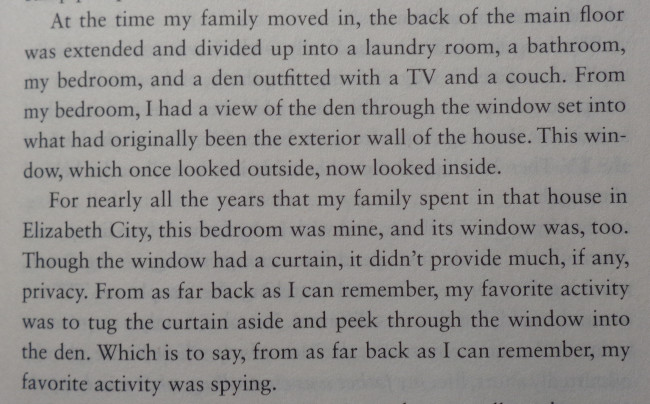Not long after the George Floyd riots started I was wandering around Mountain View looking for some sort of inspiration. An idea on what to think about what was going on. I got to the library, and it was closed. The sign on the door said "COVID-19" along with no information about when they would be open again. I walked around the building. By the back door there were piles and bags of books all over. It was like avid readers with no place to put the books they were done with were just leaving them at the library. I glanced over the stacks, looking for something that caught my eye. Turned out it was Edward Snowden's Permanent Record. The stack looked big enough that I would probably be doing a service by taking this book, so I did. Once I got started on it I couldn't put it down.

I'd heard of him by seeing the movie Citizen Four. The book spends about two hundred and fifty pages explaining how he got into that situation, and is full of amusing and interesting stories about how he went from a reasonably normal kid to one peculiarly well positioned to blow the whistle on the national security state. For example, this is his first experience with spying:
He grew up with the home computer. The guy was a teenybopper when AOL came along, so all that youthful energy and nerdy curiosity went into learning what was out there on BBSs and AOL chat windows and crude elementary websites. By the time he was ready to strike out on his own his parents lived in the Maryland suburbs of Washington DC. After the usual number of false starts, he got a low level job at the National Security Administration (NSA). At that point his hacking background made him a shining star. He rose with startling speed to significant technical jobs.
A lot of autobiographical books tell their story through dialog and event recreations in text. There is some of that, but much more the things he was pondering at various points are laid out in essays. 9/11, which was a turning point in the story several times comes up again and again. First it's covered as he experienced it live. Then he talks about how the Intelligence Community (IC) implemented the "We will not let that happen again." idea in various ways, including Total Information Awareness (TIA). Whistleblowing and the information architecture of the NSA's system also get a lot of attention.
Whistle blowing was a fascinating chapter. Snowden explains that a key part of the American system has always been getting Congress "to do something about it" when something really wrong is going on. He illustrates by telling the story of his ancestor who was a crewman on a continental navy ship in 1777. Apparently the Captain of the ship was doing things like torturing British Navy prisoners to death and not feeding his men. They got together and wrote a petition, presenting it to the people that ought to know.


It makes sense to me that someone with a story like that one in his family tree would be willing to blow the whistle on the gross privacy violations involved with vacuming up every email, every phone call, every file sent through the internet from or to anywhere on the planet. Yup, he explains that they were doing that in enough detail that the reader understands. He also included a detailed enough discussion of the Fourth Amendment that you also get why they are violating that. Through it all there are plenty of examples of people looking the other way because they need the paycheck, or maybe they just have too much respect for authority. There is no recipe for how to fix such entrenched problems, but I came away from reading it feeling like I know more about what's going on.
Author: Edward Snowden Title: Permanent Record ISBN: 978-1-250-23723-1.




